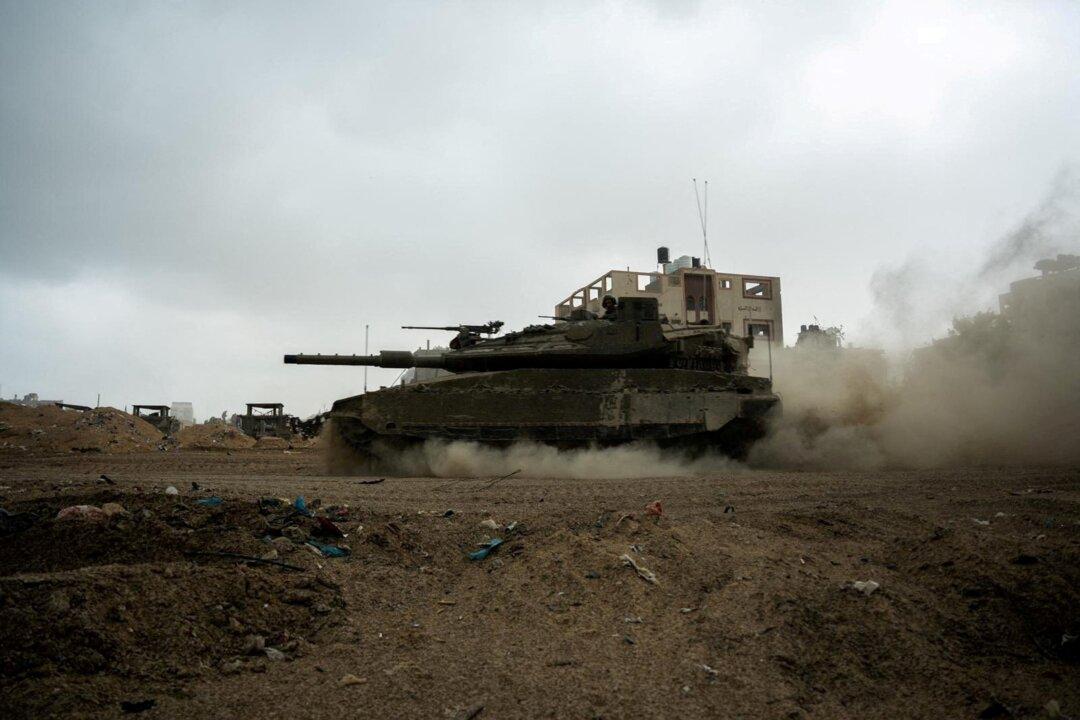Israel and Hamas have agreed to extend a temporary truce for an additional two days as of Nov. 27, according to the government of Qatar, which has presented itself as a mediator in the conflict.
“The State of Qatar announces, as part of the ongoing mediation, an agreement has been reached to extend the humanitarian pause for an additional two days in the Gaza Strip,” Majed al-Ansari, a spokesperson for Qatar’s Ministry of Foreign Affairs, wrote on X, formerly Twitter.





